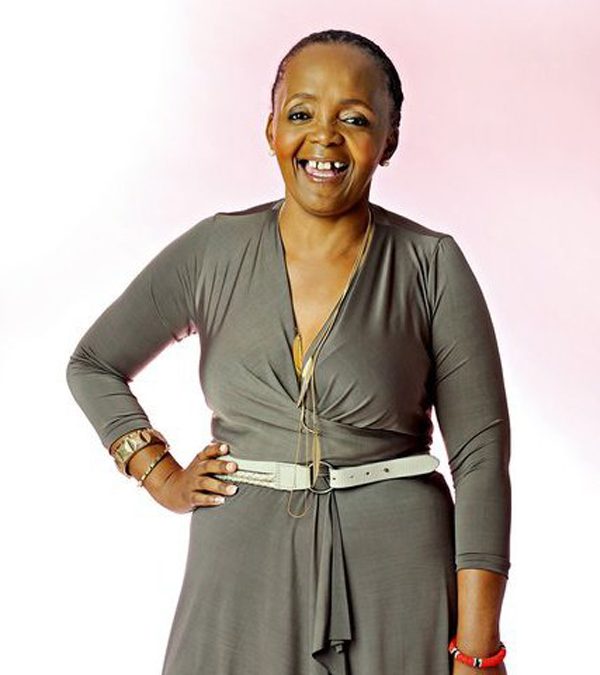Carol Dyantyi is the founder and managing director of Uzima, which means “Life” in Swahili. Based in Soweto’s Ezimbuzini informal settlement, Uzima nurtures children and young women through education, psychosocial support, and community transformation. For instance, they have turned illegal dumping sites into safe spaces for children, supported teen mothers to return to school, and placed over 200 children in quality early childhood centres across Soweto. She is a human rights advocate and a 2014 honoree of the Human Rights Advocates Programme (HRAP), affiliated with Columbia University in New York, USA, selected for her outstanding work in community advocacy. Carol’s humanitarian journey began over two decades ago when, inspired by the late Dr. Aggrey Klaaste, she founded Ikageng, which she describes as her “trophy”—a community-based organisation that transformed the lives of children whose parents were diagnosed with or died from AIDS. She describes herself as a humanitarian at heart, an advocate for children’s rights, and a believer in the power of community-driven change. “Even in broken communities,” she says, “life can grow again.” Her guiding lessons are rooted in faith and resilience: trust the process, believe in people, and keep serving humanity. “Betrayal doesn’t define the journey,” she reflects. “Purpose does— and hope always finds a way.”
QUALIFICATIONS
- Community Leadership and Development, University of Johannesburg (RAU)
- Diploma in HIV Counselling, University of South Africa
ACHIEVEMENTS
- Founded Ikageng – positively impacting over 9,000 children.
- Transforming illegal dumping sites – one is now a haven for children and the other is planned to become a full Early Childhood Development centre (ECD) centre.
- Relocating children – about 201 children moved from informal settlements into quality early childhood development centres across Soweto.
- Empowering teen mothers – supported 30 teen mothers to return to school despite systemic discrimination.
- Creating child support systems – established support systems for 473 children in the Ezimbuzini informal settlement.


